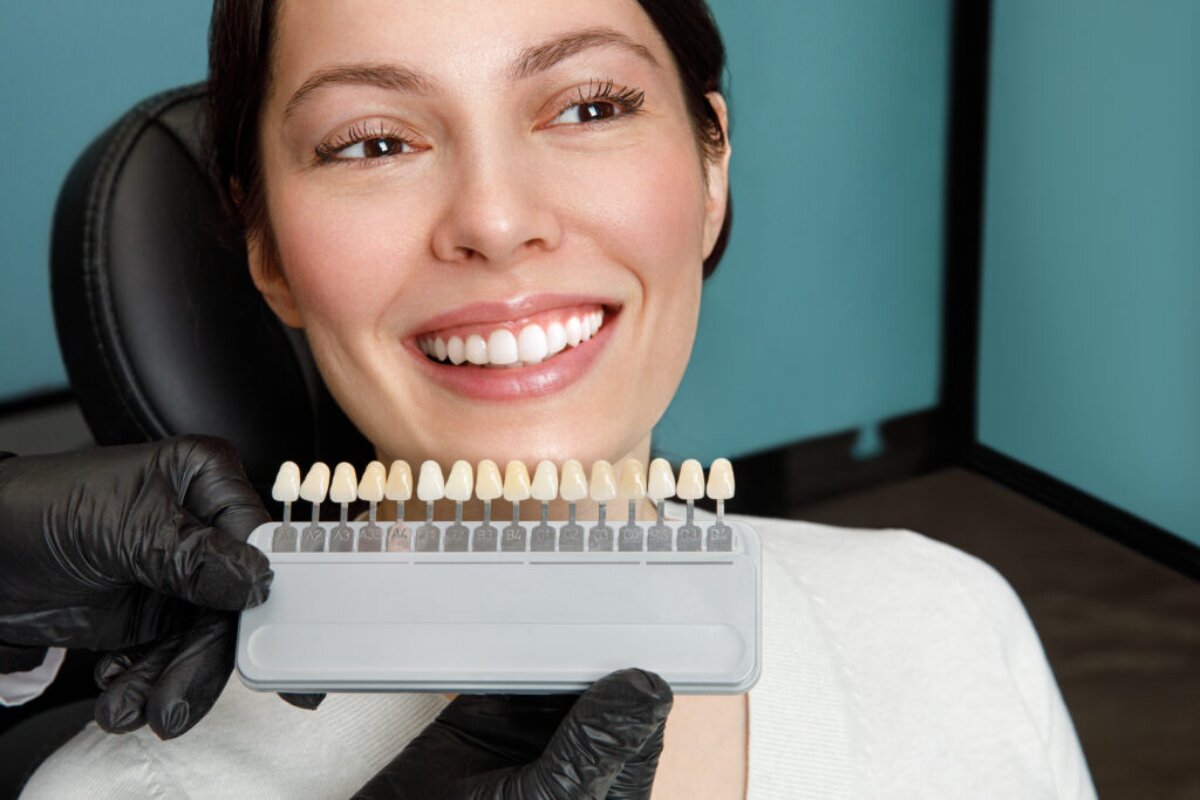
Teeth crowns are a common remedy for fixing broken teeth and improving smiles. If you’ve had one installed because of a cavity, root canal, or for cosmetic reasons, proper care will make your crown long-lasting and strong. Crowns are strong, not invincible. With good habits, most common issues can be prevented, and your dental work will be in excellent shape.
If you’ve just had dental crowns in SE Calgary or are going to have one soon, learning how to properly take care of them will save you pain, time, and money.
Why Crown Care Matters
Crowns cover and protect a weakened or damaged tooth. They can be made from different materials, including porcelain, ceramic, or metal, and are custom-made to match your natural teeth. While they function like real teeth, they still need proper maintenance.
Visiting a dental clinic in SE Calgary for routine check-ups ensures that the crown is doing its job. Without regular care, issues such as loosened crowns, gum irritation, or decay underneath the crown can occur.
Daily Oral Hygiene for Dental Crowns
Keeping your crown clean is as important as cleaning your natural teeth. You should:
- Brush twice a day with a soft-bristle toothbrush
- Floss carefully around the crown to remove plaque
- Use fluoride toothpaste to strengthen the teeth.
- Rinse with antibacterial mouthwash to help prevent infection.
Crowns can trap plaque and food particles, especially near the gumline. Flossing and brushing reduce the risk of bacteria buildup that can lead to decay or infection under the crown.
Avoiding Hard Foods with Dental Crowns
One of the biggest risks to crown damage is biting down on hard items. Crowns, especially porcelain ones, can chip or break under too much pressure.
Avoiding hard foods with dental crowns is key to keeping them intact. Some items to avoid or limit include:
- Ice
- Hard candies
- Nuts
- Popcorn kernels
- Chewing on pens or fingernails
Instead, opt for softer foods and avoid using your teeth to open packages or bite hard surfaces. If you grind your teeth at night, wearing a mouthguard can also protect your crown.
How to Protect Dental Crowns from Wear and Tear
Several habits help protect your crown from damage:
- Do not use your teeth as tools
- Wear a mouthguard if you play sports.
- Avoid clenching your jaw or grinding your teeth.
- Be cautious when eating sticky or chewy foods.
Learning how to protect dental crowns is not only about what to avoid but also about practicing safe oral care every day. Let your dentist know if you notice changes in the fit or appearance of your crown so they can address it early.
Watch for Signs of Dental Crown Problems
A dental crown should fit well and feel comfortable. However, problems can happen over time. Knowing the signs of dental crown problems helps you act before things get worse.
Watch for the following issues:
- Tooth sensitivity or pain under the crown
- A loose or shifting crown
- Gum irritation, swelling, or redness around the crown
- Bad breath or a bad taste in your mouth
- Chips or cracks in the crown’s surface
If you notice any of these signs, make an appointment with your dentist as soon as possible. Ignoring crown problems can lead to infection or damage to the natural tooth beneath the crown.
When to Visit a Dental Clinic Near You
Even if your crown feels fine, regular dental visits are essential. During exams, your dentist will:
- Check the crown’s position and fit
- Look for signs of decay under the crown.
- Clean around the crown to keep your gums healthy.
Visiting a dental clinic near you every six months ensures your crown lasts as long as possible. Most crowns can last between 10 and 15 years, and with proper care, some even longer.
Caring for Temporary Crowns
If you’ve received a temporary crown before getting a permanent one, you’ll need to be extra cautious. Temporary crowns are not as strong and can fall off more easily.
Here are a few tips for temporary crown care:
- Avoid sticky or hard foods
- Brush gently but thoroughly.
- Floss carefully, pulling the floss out from the side instead of upward.
- Call your dentist if the temporary crown becomes loose or falls out.
Good care during the temporary phase helps ensure your permanent crown fits well and functions properly.
Keep Your Smile Strong with Proper Crown Care
Dental crowns can protect your teeth for many years, but their success depends on how well you take care of them. Avoid bad habits, stick to a solid oral hygiene routine, and visit your dental clinic regularly. This way, you can keep your crown—and your natural tooth underneath—healthy for the long term.
Ready to Take the Next Step? Let Us Help!
At Nexus Dental Centre, we are committed to helping you maintain your dental health with expert care. Whether you need a new crown or want to ensure your current one stays in top condition, our friendly team is here to guide you. Call Nexus Dental Centre today to schedule an appointment and keep your smile protected!
